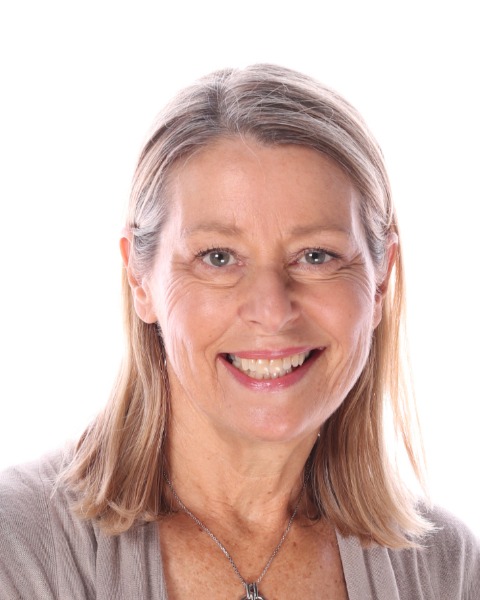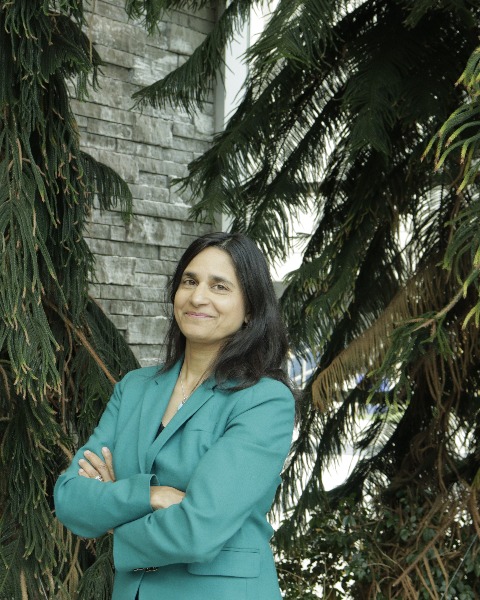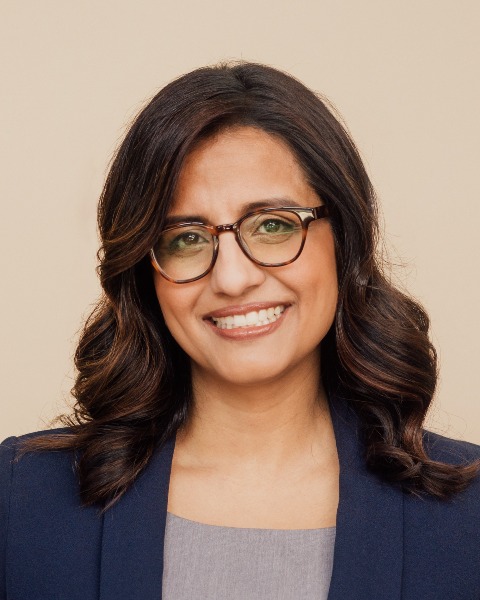EDI (Equity, Diversity, Inclusion)
Education
Policy
Nursing & Allied Health
Canadian Society of Echocardiography (CSE)
Canadian Association of Interventional Cardiology (CAIC)
Canadian Heart Failure Society (CHFS)
243 - FACING CHALLENGES AND CREATING OPPORTUNITIES: HOW TO THRIVE IN A CULTURE OF BULLYING
-

Sharon Mulvagh, MD FRCPC FASE FACC FAHA (she/her/hers)
Cardiologist
Dalhousie University
Dalhousie University -

Sonia Anand, FRCPc, FCAHS, FRS(c) (she/her/hers)
MD, PHD
McMaster University
McMaster University -

Paul Poirier, PhD, FRCPC, FACC, FAHA, FCCS
MD, PhD
Laval University
Universite Laval -

Debraj Das, MD MSc FRCPC FACC DRCPSC (he/him/his)
Interventional Cardiologist
CK Hui Heart Centre / Edmonton Cardiology Consultants
Royal Alexandra Hospital & CK Hui Heart Centre -
MD
Margot Davis, MD SM FRCPC FCCS (she/her/hers)
Cardiologist
University of British Columbia
University of British Columbia -
KS
-
EH
Elizabeth Hillier, MD, PhD (she/her/hers)
McGill University Health Centre
-

Daisy Dulay, n/a
Director of Patient Safety and Quality
Island Health
UBC -
IG
Isabelle Greiss, MD, B.Pharm, FRCPC (she/her/hers)
Cardiac Electrophysiologist
University of Montreal Hospital Center
Faculty of Medicine, University of Montreal -
EH
Elizabeth Hillier, MD, PhD (she/her/hers)
McGill University Health Centre
-
TJ
-

Sharon Mulvagh, MD FRCPC FASE FACC FAHA (she/her/hers)
Cardiologist
Dalhousie University
Dalhousie University -
KS
Moderator(s)
Panelist(s)
Presenter(s)
Trainee(s)
Planning Committee Member(s)
Workshop Description: Career advancement is important for all professionals as it encompasses recognition, leadership opportunities, financial rewards, and flexibility. However, some challenging workplace environments can hinder the ability to achieve these goals, and some people are impacted more than others. For instance, women historically have experienced imposed inequity in administrative burdens alongside insufficient mentorship, allyship and sponsorship resulting in limitations on career trajectories. In addition, evidence shows that women are less often first or senior authors on accepted publications, especially societal guidelines documents, where they have also been less likely to be named a chair or co-chair of a guideline writing panel. Like global assessments, survey data from CCS in 2021 revealed bias and discrimination disproportionately affecting women and racialized populations, and impacting research funding, leadership opportunities, productivity, and patient care quality.
To address these challenges, organizational leaders must establish policies and practices to foster healthy professional cultures inclusive of respectful workplace environments. Important components of these policies include implementation of zero-tolerance policies for bullying and harassment, and mechanisms to address such actions if they should occur, including both macro- and microaggressions. Actionable strategies to support professionalism in cardiovascular specialties and provide guidance in the navigation of discrimination and harassment can be shared through practical and experiential case-based learning: 3 case scenarios will be presented and discussed by members of the CCS EDI Committee.
This workshop aims to equip cardiovascular professionals with tools to create inclusive environments that promote fairness and inclusion. By addressing systemic issues such as inadequate mentorship, underrepresentation in leadership roles, and workplace harassment, organizations can cultivate a culture where every individual thrives professionally while contributing to improved patient care outcomes.
Learning Objectives:
- summarize the state of affairs of bullying and harassment in the field of cardiology;
- employ strategies to address incidents of bullying, harassment, discrimination or other challenges in professional settings; and
- contribute to establishing a culture of professionalism, equity, diversity, and inclusion.
